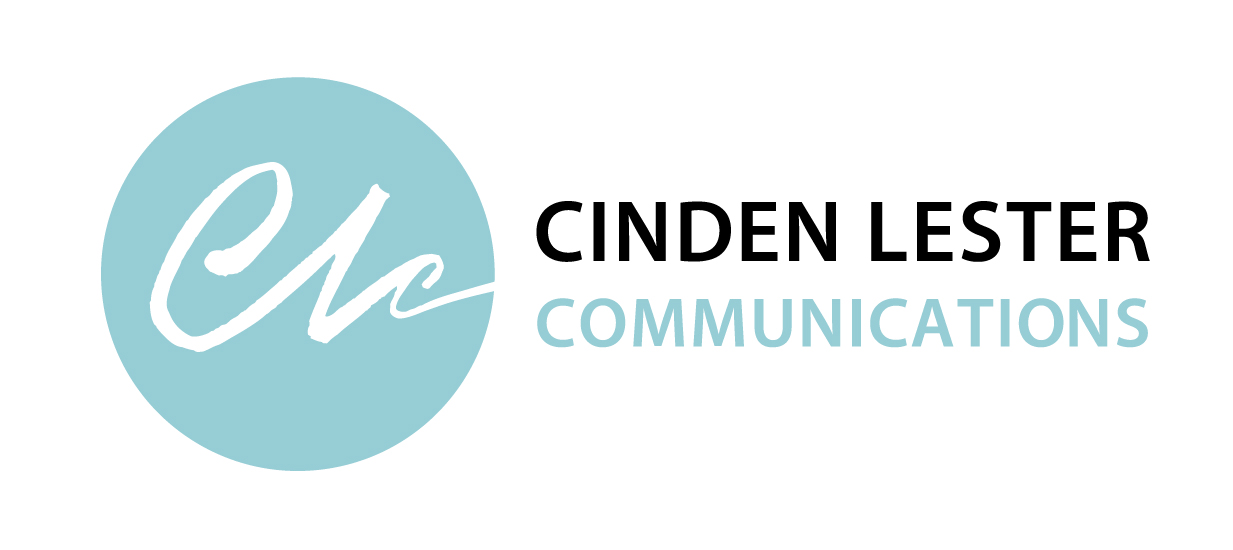 Blow out the candles and open the bubbly—I’m celebrating my 15th business birthday.
Blow out the candles and open the bubbly—I’m celebrating my 15th business birthday.
Back in January 2000, I took a deep breath and leapt off the government career ladder to start my own consultancy.
The aim was to spend less time managing and more time writing, editing and communications planning. And that’s exactly what the past 15 years have been all about.
So, is there a fail-safe recipe for success? Not really. But getting the mix right is a bit like baking a cake, so here are 15 key ingredients for successful communications learnt along the way.
1. A generous portion of listening. All good communications start with listening. Effective listening saves you time, reduces misunderstandings, and enhances your ability to negotiate, influence and persuade.
2. Strain out the ego. Effective communications isn’t about the communications professional. It’s about who you need to communicate with and how best to engage them.
3. A scoop of storytelling. As a cadet radio journalist, I learnt to quickly get to the heart of a story. Good communicators can sniff out a story that will interest their audience.
4. A good dollop of plain English. Radio was a great place to start—there are no wasted words in a 30-second news story. Effective communicators use everyday language and keep it short and sweet.
5. A measure of mental yoga. Flexibility and calmness help you stay balanced and adapt when deadlines move, priorities shift, CEOs change their minds, and political landscapes alter—as they invariably do.
6. A dash of creativity. Bureaucracy doesn’t have to be boring and corporate doesn’t have to be colourless. Creative thinking can lift just about any communications project.
7. A carefully completed timesheet. What an eye-opener timesheets turned out to be. Understanding exactly how much time things take is essential for forward planning. It also helps identify which aspects of a project consume the most time and where you might be more efficient.
8. A mixture of research and instinct. Research removes the guess work but instinct based on experience is valuable too.
9. A spoonful of strategy. You can add a lot of value by thinking strategically about the big picture while still paying attention to the smallest detail.
10. A portion of persistence. Effective communications starts with planning and runs right through to evaluation and lessons learnt. It’s not just the ‘fluffy stuff’ at the end of a project.
11. A pinch of persuasion. When done well, communication is the incentive for behaviour change.
12. A good dose of common sense. Sound judgement and good sense are indispensable in any communications project.
13. A huge helping of teamwork. The best results come from combined effort, when everyone has the chance to bring their unique perspective and skills to the table.
14. A quantity of curiosity. Continually asking questions helps you keep on top of objectives, resources, priorities, issues, audiences and stakeholders, and all the other ins and outs that affect a project’s success.
15. A sense of humour. We all need a laugh sometimes. And a shot of humour can diffuse competitive tension or frame comments as constructive rather than negative.
What’s your recipe? Whatever it is, I hope you have all the right ingredients for a stunningly successful 2015.
* * *
Need some professional communications help? Contact Cinden to talk about your project.
| Cinden Lester has more than 25 years’ experience as a professional writer, editor and communications specialist—having worked as a broadcast journalist, in private sector marketing and public relations, and in government communications before establishing her own Canberra-based communications consultancy. |

